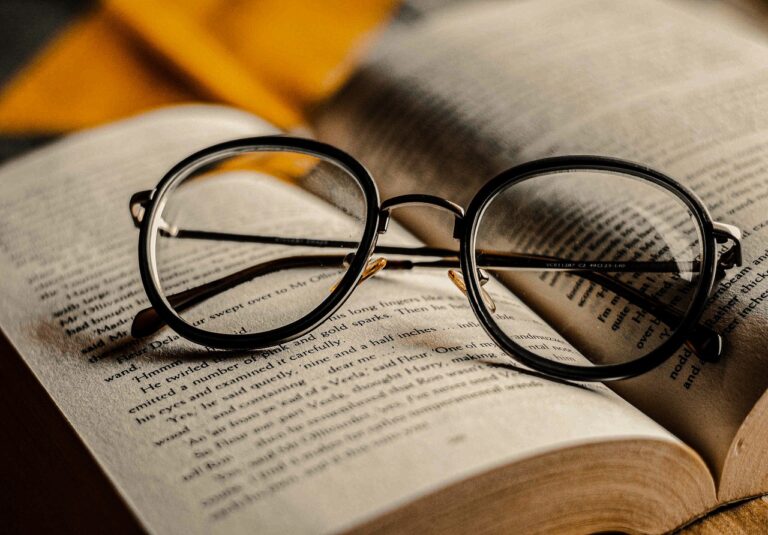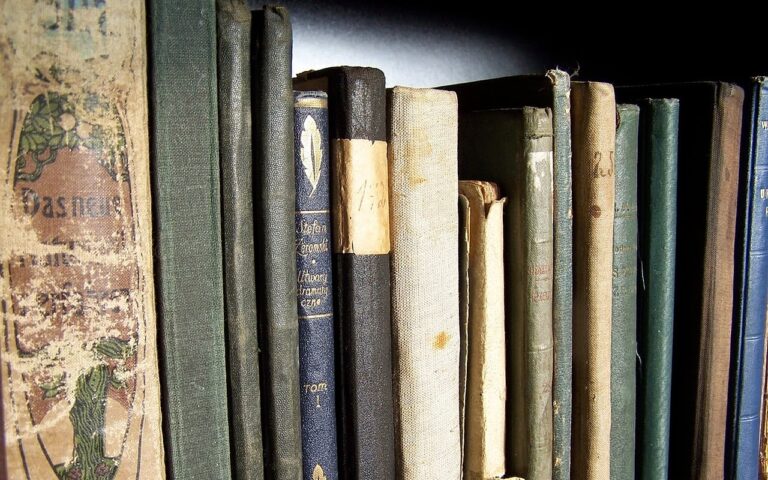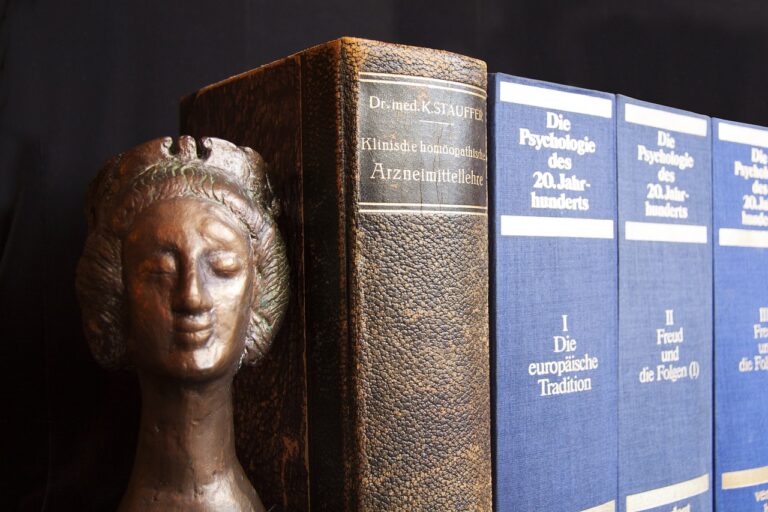Promoting Media Literacy Through Critical Analysis Skills
Media literacy is an essential skill in today’s digital age. It empowers individuals to critically analyze and evaluate the information presented to them through various media platforms. By honing media literacy skills, people can distinguish between reliable sources and misinformation, enhancing their ability to make informed decisions.
Furthermore, media literacy helps individuals become more active and engaged citizens in society. By understanding how media messages are constructed and delivered, people are better equipped to recognize bias, manipulation, and propaganda. This awareness fosters a more discerning approach to consuming news and information, promoting a more well-rounded understanding of complex issues.
Understanding Bias in Media
Bias in media is a prevalent issue that can affect the information we receive on a daily basis. It is essential for individuals to be aware of the various forms of bias that may exist in media sources. Biases can stem from a variety of factors, such as the political affiliation of the publication, the personal beliefs of the journalists, or even the interests of the media owners.
Recognizing bias in media involves being able to critically analyze the language used, the sources cited, and the overall tone of the content. By developing media literacy skills, individuals can better discern between objective reporting and biased narratives. It is important to consume information from a variety of sources in order to gain a well-rounded understanding of different perspectives and to actively question the validity of the information presented.
Identifying Fake News
In today’s digital age, the spread of misinformation and fake news has become a prevalent issue. It is crucial for individuals to be able to discern between what is real and what is fabricated when consuming news online. One key way to identify fake news is to cross-check information with reliable sources and fact-checking websites before sharing it with others. Moreover, paying attention to the credibility of the author and the publication can also help in determining the authenticity of the news content.
• Cross-check information with reliable sources and fact-checking websites
• Pay attention to the credibility of the author and publication
Why is it important to be media literate?
It is important to be media literate so that you can discern between real news and fake news, understand bias in media, and make informed decisions based on accurate information.
How can I identify bias in media?
To identify bias in media, it is important to be aware of the political leanings of the news source, look for loaded language or emotional language, and consider the framing of the story.
What are some ways to identify fake news?
Some ways to identify fake news include fact-checking the information, verifying the source of the news, looking for inconsistencies in the story, and being cautious of sensational headlines.







